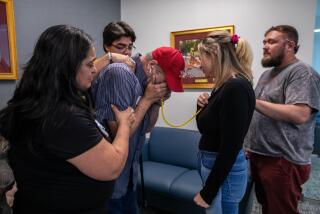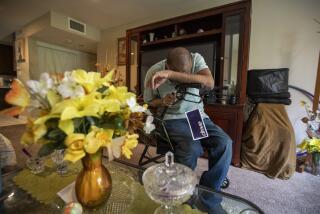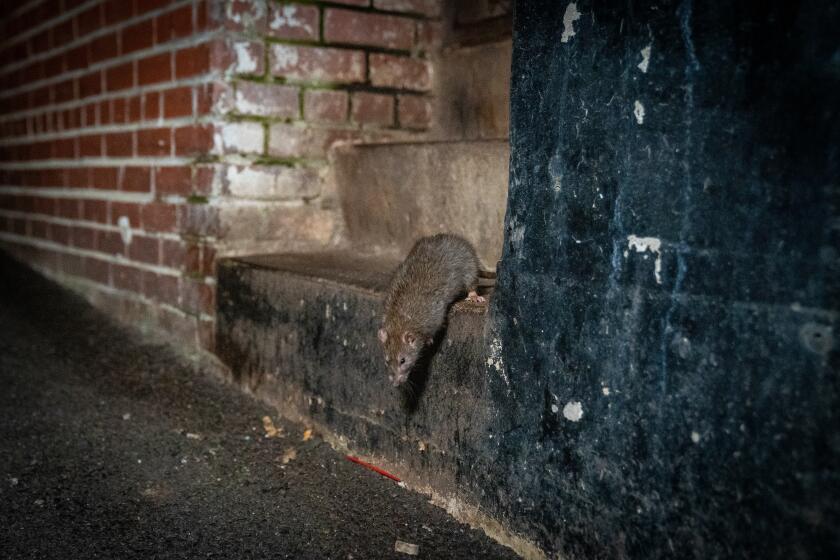Donor Hearts: Demand Is High, but Supply Is Low
- Share via
As of May 21, 4,143 people were awaiting donor hearts, according to the United Network for Organ Sharing, a Richmond, Va.-based organization that maintains the national master list of transplant candidates for the U.S. Department of Health and Human Services. In the United States each day, 57 people receive organ transplants of one kind or another, but 13 people on the waiting list die because not enough organs are available.
According to Steven Boyce, director of heart transplantation at the Washington Hospital Center, the most critical shortage is of donor hearts--due in part to the wider use of seat belts, air bags and recreational helmets, which help prevent the kind of traumatic deaths that bring potential donors into emergency rooms. The number of donor hearts peaked at 2,497 in 1995, according to the network.
“The heart is the most difficult organ to find,” he said. Yet, partially thanks to new treatments that forestall death for many cardiac patients, the number of people being treated for heart failure continues to climb each year by about 6%. For many of these patients, the best hope for prolonging and improving their lives is a transplant. And of course, even when a patient is matched with a donor, the patient faces struggles with the operation itself, recovery and the lifelong battle against rejection of the organ.
However, advances in cardiovascular medicine are coming so rapidly that Boyce predicts a myriad of new options will become available in the next 10 years. Paramount among these is a miniature heart pump--the size of a D-cell battery--that could become a commonplace solution for millions of heart-failure patients.
Though the future looks better, “we are hurting today,” Boyce said. He likens a cardiac transplant team to a football team waiting for the Super Bowl to begin: Everyone is there--the players, the coaches, the people in the stands. The referee tosses the coin to start the game.
But there is no football, Boyce said, “and we can’t play.”






